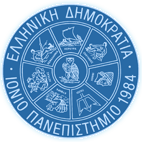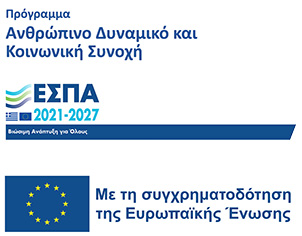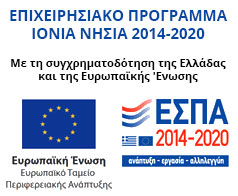Πρόγραμμα: FP7 Capacities
Θεματική ενότητα: Όλες οι θεματικές ενότητες
Αρμόδιος Φορέας: FP7 Capacities
Περιγραφή:
Innovation Union aspects of the 'Capacities' work programme
The Innovation Union initiative underlines that research and innovation are key drivers of competitiveness, jobs, sustainable growth and social progress. The work programme 2012 hasbeen designed to support the implementation of the Innovation Union Initiative and in particular to bring together research and innovation to address major challenges. The work programme can contribute to the innovation objective in two ways, and constitutes a significant change to the approach in earlier work programmes: 1/ By supporting more topics aimed at generating knowledge to deliver new and more innovative products, processes and services. This will include pilot, demonstration and validation activities. The focus on innovation will be reflected in the description of the objectives and scope of the specific topics, as well as in the expected impact statements. The innovation dimension of the proposals will be evaluated under the evaluation criterion 'Impact'. 2/ By identifying and addressing exploitation issues, like capabilities for innovation and dissemination, and by enhancing the use of the generated knowledge (protection of intellectual property rights like patenting, preparing standards, etc). Information on the Risk-Sharing Finance Facility (RSFF), an innovative financial instrument under FP7, is available on line1. The Commission will respond to further needs of potential beneficiaries for information on the RSFF (by, e.g., awareness-raising activities in onjunction with the European Investment Bank, participation to thematic events). Approach for 2012 The 2020 Vision for the European Research Area adopted by the Council in 2008 underlined that the ERA "is firmly rooted in society and responsive to its needs and ambitions in pursuit of sustainable development". The impacts of science and technology are increasingly felt in the daily life of ordinary citizens, yet policy makers have a hard time to cope effectively with the fast developments in science and technology. 1 http://www.eib.org/products/loans/special/rsff/?lang=en and http://ec.europa.eu/invest-inresearch/ funding/funding02_en.htm
5
The Europe 2020 societal challenges can only be tackled effectively if society is fully engaged in science, technology and innovation but given the growing sensitivity of society regarding science and technology issues, this cannot be without a trusted shared and well understood responsibility, extending the notion from ethical to environmental, economic and cultural issues. As shown in the 2010 Eurobarometer on Life Sciences and Biotechnology2, Europeans are in favour of Responsible Research and Innovation (RRI), with appropriate regulation to balance the market. People expect safe food and a safe environment. People wish also to be involved in decisions regarding new technologies when cultural, social and ethical values are at stake. Furthermore, an innovative society must involve in the innovation processes all its potential innovators and notably women and the rising generation. In light of this context, SiS activities will focus on enabling RRI in the European Research Area. To attain this goal, SiS will privilege the following axes: Shaping governance for RRI by developing guidance for innovators fully involving considerations of efficiency, safety, methics and fundamental rights; Engaging all along the innovation process research norganisations, industry, civil society and policy makers on societal challenges by promoting problem-oriented, interdisciplinary and participatory approaches; Fostering open research by encouraging researchers and research and innovation policy makers to ensure more
transparency in their activities, make research outputs (publications and data) more widely
accessible; Achieving gender equity in research and innovation by encouraging a more gender -aware management in research and innovation; and bringing innovation to the classroom through new Inquiry-Based Science Education techniques.
Τελευταία ενημέρωση: 22-07-2011 14:42




